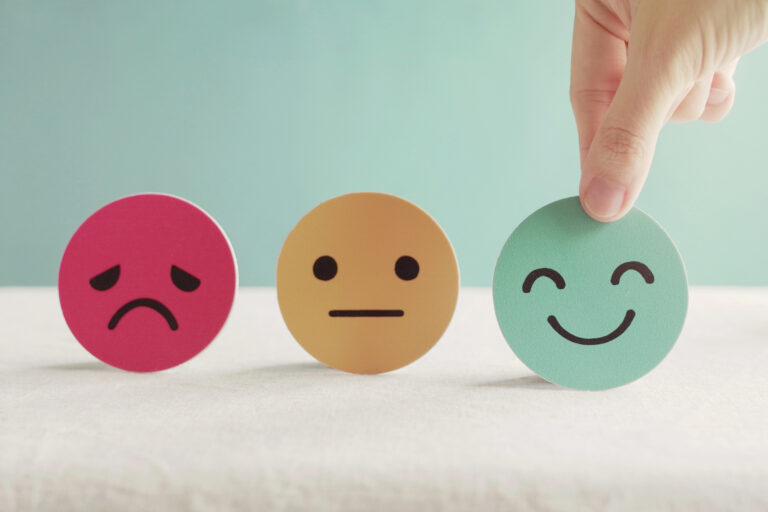Right now people are struggling with the difficulties of a Corona Virus “Pandemic”. It is something that is difficult to escape and is leaving people “stressed”. However, there is one very powerful strategy you can employ to help cope.
First it would be good to give a practical understanding of exactly what stress is and how the strategy you employ will be useful. I thought an outlandish example may bring into sharp focus exactly what it is we are dealing with. So, let us have a thought experiment, imagine if you can, a cave man, we will call him Korg.
One day Korg is out with his posse hunting wooly Mammoth when he stumbles upon a strange machine, he can’t make sense of it, but being the curious creature he is, steps inside. Instantly he is transported through time and finds himself on George Street Sydney, it’s the year 2019. He has stepped out and there are buses running everywhere, people looking at him, he is instantly terrified. Korg can either stand and fight or run. We call this the fight or flight response. This is the key difference between stress and other health complaints.
As humans we have evolved processes in our brains that allow us to cope with an ever increasing more stressful world, either option, fighting or fleeing requires energy reserves in our bodies to be made available so we can deal with a new threat. Likewise imagine if you came across that same time machine and were transported back in time to the dinosaurs, you would freak out.
Now this is a silly example and some do not feel time travel is possible, but it shows clearly how we are a product of our environment, and, if our environment changes, it activates primitive processes in our bodies that psychologists would say we have been putting a lid on or a “cap”. Once the cap is removed, we behave unpredictably, but the bodily response is the same, activation.
So, activation, what does this mean? Well put simply, if this is simple, here comes the jargon, there are two systems in our bodies, the sympathetic and parasympathetic nervous systems. The sympathetic nervous system is the one that is implicated in stress. The sympathetic nervous system is activated in times of fight or flight, stress.
This system secretes a hormone called Cortisol from the adrenal glands in our bodies. The adrenal glands sit atop of our kidneys. Cortisol is almost literally called the stress hormone as it is the one that has the effect of breaking down tissue in the body. One other effect that it has is to make glucose available to the cells in the body. Glucose is a fancy name for sugar, one of the basic energy sources in our bodies.
So, stress activates the sympathetic nervous system, this secretes Cortisol into the bloodstream, and, this starts the process of breaking down tissue and making available energy in the form of increasing blood sugar levels. This is the effect of the fight or flight, or, stress response. It makes sense for Korg or yourself, as given the changing environment you are going to want to have some energy to take on this new challenge, end or jargon.
The problem with what is happening now with the virus is that all the stress and activation associated with the virus is not being utililsed. Most people’s environment has changed substantially, but everyone is putting a cap on it. This leaves the body with this hormone floating around in the blood, along with the breaking down of tissue and elevated levels of blood sugar.
This hormone, Cortisol also has an effect on the cardiovascular system that can lead to high blood pressure. So this is what is going on under stress, a physiological response to a perceived threat. This obviously cannot go on forever, clearly the glands that secrete these hormones will become depleted, but then they recover and the process begins again, it is a vicious cycle.
One of the best strategies you can employ to help fight stress is exercise. As you can imagine, if Korg either fights or flees, he is utilising the effects of the stress response, his body is soaking up the glucose that has been made available to his cells. The tissue that is being broken down is then being utilised to help strengthen muscles and tissues needed for his response.
The key thing here to remember is that it is better to exercise when you are stressed versus not exercise. At least you are utilising the stress hormones that are there, rather than just letting them attack parts of the body. The exercise mops up if you like all the available glucose and takes the tissue that is being broken down and utilises it to strengthen body tissue that is needed in the fight or flight response.
If the stress response is allowed to continually challenge your body without a response in the form of exercise, then the hormones will continually challenge the cardiovascular system, and, the elevated levels of glucose can be the antecedent to things such as type II diabetes.
The key difference here between stress and things like depression and anxiety, is that it involves this clearly observable physiological response. Anxiety does have a physiological response and one can become stressed when seeing things such as spiders, but we would say that anxiety is an acute response, whereas, stress would be considered a chronic response.
This is clearly the current state around the virus, it seems like it is going to be around for quite some time. So get out and exercise, and, don’t worry about Korg, he did find his way home, well, after running about for a while, he found his way back to his time machine, and, was safely transported back to his own time, where he is happily hunting wooly mammoth again.
Written by Paul Minors, Psychologist


